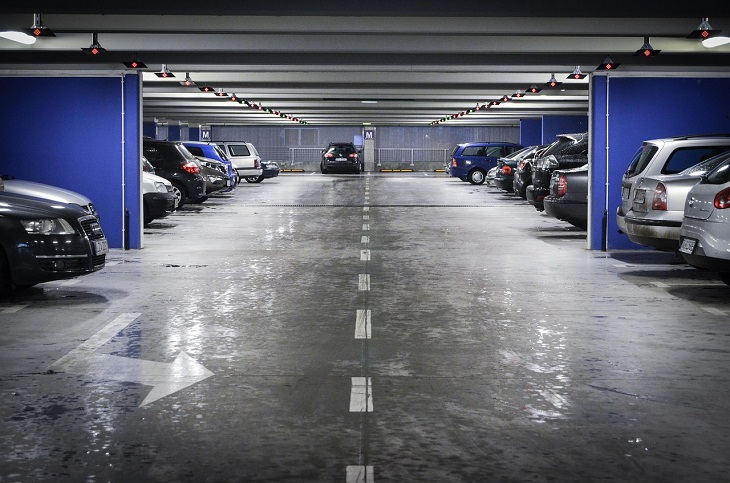Qualifying Conditions For A Disabled Parking Placard In Georgia

Have you been waiting to apply for a disabled parking permit, and decided 2022 is the year you’ll do it? Having a disabled parking permit can make parking, and driving in general, so much less stressful for disabled drivers, as it ensures you can access handicap parking at your destination legally and easily.
Are you wondering what qualifies you for a handicap placard in Georgia? Look no further – below we’ve put together a guide to the qualifying conditions for a disabled parking placard in Georgia to answer all your questions!
How Do You Qualify For Disabled Parking In GA?
The state of Georgia issues disabled parking placards for those with the following qualifying conditions:
- Relying on a wheelchair or other assistive device to move
- Inability to walk 200 feet without resting
- Lung disease affecting breathing capability
- Severely limited mobility due to neurological, arthritic or orthopedic conditions
- Pregnancy complications
- Hearing impairment
- Being legally blind
- Having a severe cardiac condition
- Being a disabled veteran – the disability must be 100% service-connected and be verified by the Veteran’s Administration or the Federal Government. The criteria for veterans includes:
- Loss of use of one or both hands or feet
- Loss of sight in one or both eyes
- Being completely permanently disabled

There are a multitude of medical conditions out there, and ultimately the medical professional who certifies your application will decide if you qualify for a parking permit. So, even if your condition is not listed above, it may qualify you if it impacts your daily life and your ability to drive. Many “invisible illnesses” also exist, and while these may not be visible to the untrained eye, they can be debilitating. They are therefore best discussed with your physician, as you may still benefit from a disabled parking permit.
How Do You Get A Disability Parking Permit In Georgia?
If you have one of the medical conditions discussed above, you have probably already decided that you’d like to apply for a Georgia disabled parking permit. The state of Georgia issues the following types of disabled parking permits, with varying lengths of validity:
- Permanent disability placards – expires four years from receipt
- Temporary disability placards – expires 180 days from receipt
- Disability license plates – expire four years from receipt
- Disabled veteran license plates – renewed with your vehicle registration
To apply for a disabled parking permit in Georgia, you need to follow several steps. The process of application will depend on your local Georgia Department of Revenue office, as each of these has different rules. Most offices require in-person submission, but some may accept mailed-in submissions. The following documents are required for this process:
- A completed Disabled Person’s Parking Affidavit (Form MV-9D)
- Medical certification from a licensed physician explaining your disability
The medical certification can be provided following a consultation with a registered Georgia state physician. During this short consultation, the physician will discuss your medical history and current condition to determine the best disabled parking permit type for you. (This can be done online via telemedicine with the help of Dr Handicap; having your appointment virtually is often easier and more convenient!) Following a successful consultation, your physician will certify your application.
If you are also applying for a disability license plate, you will additionally require:
- Your registration renewal notification or the Motor Vehicle Title/Tag Application (Form MV-1)
- Payment for relevant fees (at the time of writing, this is $20 for license plates, plus tax)
Renewing your disabled parking permit is a simple process and does not require medical re-certification in the case of permanent placards.
Disabled Person Parking Permit Georgia: How Do I Use My Permit?
Your disabled parking permit is only valid if it is clearly and correctly displayed. Failure to do so while occupying a disabled parking space may incur a penalty, including a large fine. To avoid this, always hang your permit in your parked car from the rearview mirror. Even if you have a physical or visible disability, this is necessary to avoid your car being towed.
If you spot someone occupying a disabled parking spot unlawfully, you’re encouraged to report this to local law enforcement. Occupying a disabled parking spot without the necessary permit or placard is an offence, and it causes problems for those who truly require these spots and may be prevented from accessing them.
Featured image by ericstokley on Pixabay
